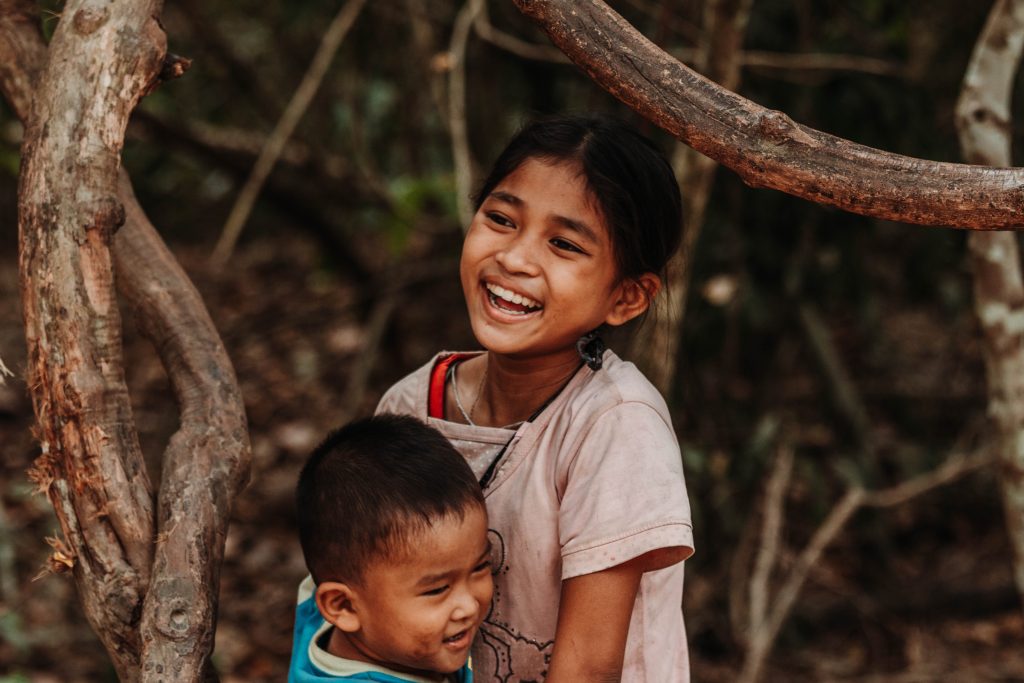WORLD DAY OF THE POOR
Around the globe, the World Day of the Poor will be celebrated on Sunday 14th November 2021 with the theme taken from the Gospel of Mark:
“The poor you will always have with you”
MK 14:7
The poor are most often referred to as marginalised people in peripheral communities. However, “the poor are not people outside our communities” but are part of who we are. In this interconnected world, where we are all interdependent and natural resources are limited, we affect the poor by actions of the modern overconsumption lifestyle and vice versa, the suffering and difficulties of the poor affects us and the natural world. It is not only what we do but also how we act that will either dignify the poor or otherwise. Almsgiving and charity, even if it’s good in essence, is occasional, and has a risk of gratifying those who give and demean the poor who receive it. On the other hand, mutual sharing lasts longer since it builds relationships, strengthens fraternity and lays the necessary foundations for achieving justice since it puts us, as givers, and the poor as receivers on equal grounds.


The Poor Evangelise Us
Moreover, Pope Francis reminds that we are not only called to help disadvantaged communities and the poor but to also be open to learn from them. The poor, being detached from the material and everything that gives us false security are in a space of being where they can evangelise us, since their voice is the voice of Christ, barren and empty:
“we are called to discover Christ in them, to lend our voice to their causes, but also to be their friends, to listen to them, to understand them and to welcome the mysterious wisdom that God wants to communicate to us through them” [1]
Learning from the Saints
(press on cross on right to read further)
Pope Francis tells us in his message for World Day of the Poor that we are to learn from the saints who give us many examples of mutual sharing with the poor in their lives and where they became poor and weak themselves to be guided by the Holy Spirit.
One example is St Paul. St Paul as one of the early Christian saints, teaches us that through his suffering, physical, emotional and mental all made him weak and empty from his own strength. However, we can reflect in his life that weakness is not an obstacle for God and the workings of the Holy Spirit; on the contrary it provided in St Paul an empty space for divine activity to work through him. When St Paul, due to his great sufferings and troubles, was empty of all human cause for boasting and self-will, he was able to identify, discern and testify that God was the source of his power and strength for his mercy, healing and protection[2] which brought him about his doctrine of power in weakness and total surrender to God, realising God’s works within one’s heart as mentioned in Corinthians 4: 6-11
Corinthians 4: 6- 11: “For God, who said, “Let light shine out of darkness”, made His light shine in our hearts to give us the light of the knowledge of the glory of God in the face of Jesus Christ. Now we have this treasure in jars of clay to show that this surpassingly great power is from God and not from us”[3]
The grace of God is at work in the hearts of saints and all those who spend time for the poorest, sharing with them time and actions in concrete ways.[4]
For Reflection & Blogging

1: How can you learn from the saints and the poor and ‘empty’ yourself from the temporary material things of the world so to make space to discern well what is important in your relations with yourself and with community?
2: Being a missionary does not necessarily mean to leave your country to be with the poor. The poor are around us and we can me missionaries locally. As missionaries in the place you are at the moment, in what ways do you think we can become more open to being evangelized and learn from the poor?
3: How do you think we can embrace fraternity and build mutual exchange with the poor, in response to the cry of the poor and disadvantaged communities?

Solidarity not Blame
Pope Francis notes in the message for the World Day of the Poor, that the poor are sometimes blamed for their situation as in their suffering comes from their past wrong actions and decisions. They are sometimes also seen as a
“burden for an economic system focused on the interests of the few privileged groups” however, it is the result of an unbalance of use of natural resources and “the result of selfishness” (Pope Francis, 2021)
On the occasion of the World Day of the Poor, Pope Francis will travel to the Italian town of Assisi on Friday, 12 November during which he will listen and pray with about 500 people from all over Europe and the testimony of six poor people (2 French, 2 Polish, 1 Spanish, 2 Italians) will be shared and reflected upon. This gives a voice to the poor, a grassroot approach towards community development.
Missio Malta would like to hear from you with your opinions and ideas related to these questions in ‘Self Reflections’ Send us feedback on info@missio.org.mt or directly on the below comment box on this blog!
References
[1] Francis, “Message of His Holiness Pope Francis for the fifth World Day of the Poor”, accessed November 7, 2021 https://www.vatican.va/content/francesco/en/messages/poveri/documents/20210613-messaggio-v-giornatamondiale-poveri-2021.html
[2] Bergant, D., & Karris, R. J. (1989). The Collegeville Bible commentary: Based on the New American Bible with revised New Testament. Collegeville, Minn: Liturgical Press, p 1149
[3] “2 Corinthians 4:6-11” Bible Hub; New International Version Accessed: November 2021 https://biblehub.com/2_corinthians/4-6.htm
[4] Francis, “Message of His Holiness Pope Francis for the fifth World Day of the Poor”, No. 3 accessed November 7, 2021 https://www.vatican.va/content/francesco/en/messages/poveri/documents/20210613-messaggio-v-giornatamondiale-poveri-2021.html





